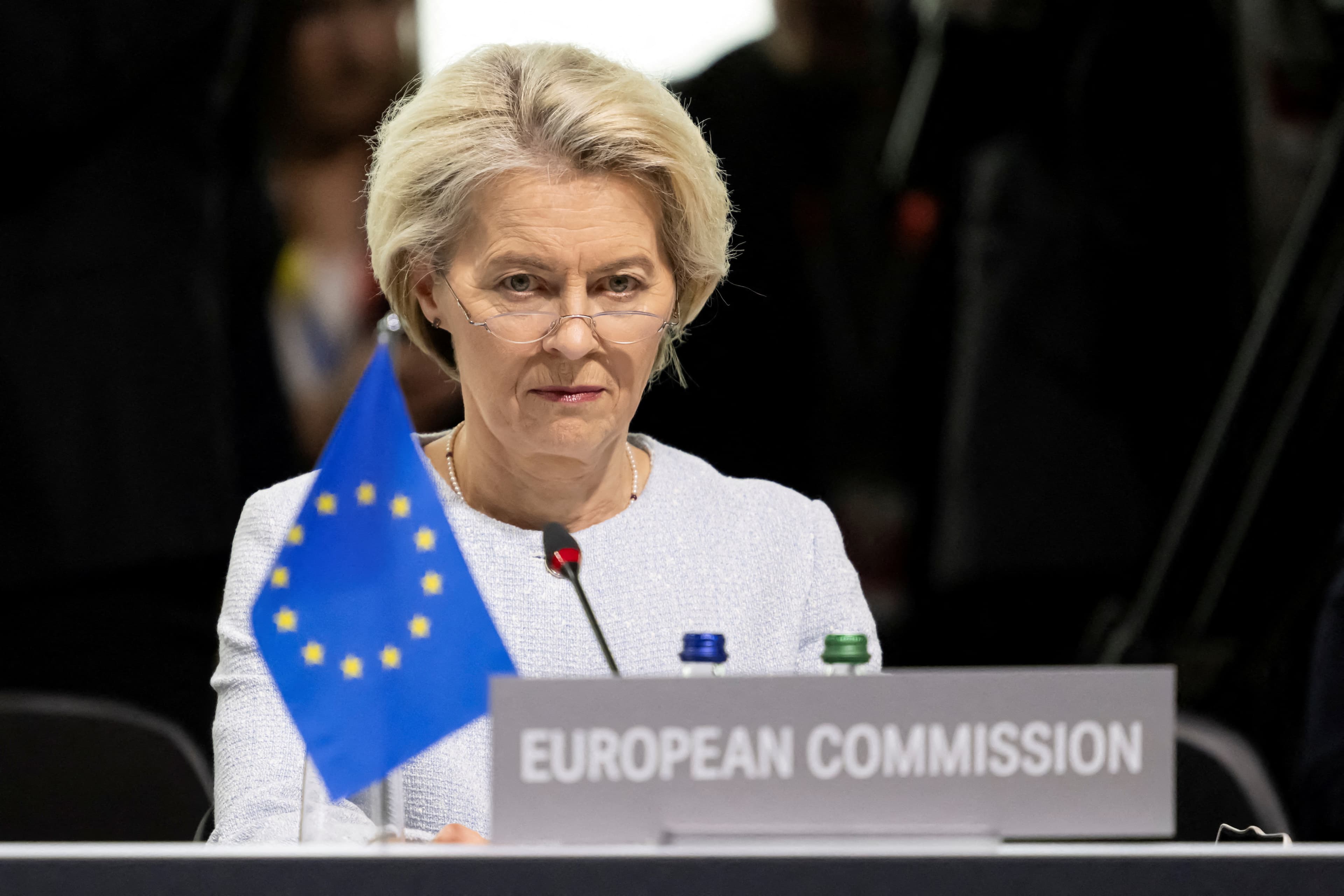Majority of EU Countries Demand Funding Protection
BRUSSELS — In a bold stand against austerity measures, 14 EU member states have banded together to challenge European Commission President Ursula von der Leyen’s proposed overhaul of nearly €400 billion in regional funding. This funding is crucial for poorer regions, and the letter, obtained by POLITICO, sends a clear message: cutbacks will not be tolerated.
Among the signatories are Italy, Spain, and Poland, all expressing firm opposition to the plan that threatens to undermine cohesion funding—a lifeline for many regions that have historically relied on it for economic stability and growth.
Concerns Over Centralization of Funding
As reported by EU officials, the proposed restructuring would combine agricultural and regional funds into a single budget pot controlled by national governments. Critics warn that this shift could dilute local needs and priorities, empowering central authorities at the expense of regional autonomy.
Kata Tüttő, president of the European Committee of the Regions, captured the essence of this fear when she stated that the proposal disguises a potential "Big Ugly Bill" that could result in a smaller, less effective EU budget post-2027. This speaks volumes about the existential threat posed by such funding cuts to local governance and economic resilience.

European Parliament demands freeze of EU recovery money for ...
Historical Context of Regional Funding
Since its inception in the 1970s, the EU’s regional funding program has directly supported poorer regions by allocating resources from Brussels. This approach has been vital in addressing disparities across the union, fostering economic convergence, and promoting social cohesion. The current proposal, however, threatens to unravel decades of progress.
The signatories of the letter emphasized that cohesion policy should reflect the diverse development levels of regions. This is not just a bureaucratic disagreement; it is a matter of social justice and economic equity. The potential loss of regional funding could exacerbate existing inequalities and stymie the chances for recovery in the aftermath of the pandemic.
Political Implications of Funding Cuts
The backlash against von der Leyen’s proposal illustrates a growing rift within the EU regarding fiscal policy and regional support. The letter signals a united front from member states that recognize the importance of maintaining a robust budget to promote unity and competitiveness.
This is not merely a technical debate over numbers; it’s a fundamental clash over values. Do we prioritize the economic wellbeing of all regions, or do we allow wealthier nations to dictate terms that further marginalize the already disadvantaged? The implications of this funding overhaul could reshape the very fabric of EU governance.

Brexit can happen here", Poles demonstrate in support of EU ...
Calls for a Fairer Budget Allocation Methodology
The collective call from these countries urges the Commission to implement a distinct and robust budget, coupled with a region-based allocation methodology. This demand is not just about fiscal responsibility; it is about ensuring that the voices of marginalized regions are heard and prioritized in the decision-making process.
As the countdown to the Commission"s budget presentation on July 16 continues, the stakes could not be higher. A failure to protect cohesion funding could lead to widespread economic instability and social unrest in regions already grappling with the fallout from global crises.







![[Video] Gunfire between Iraqi security forces and Sadr militias in Baghdad](/_next/image?url=%2Fapi%2Fimage%2Fthumbnails%2Fthumbnail-1768343508874-4redb-thumbnail.jpg&w=3840&q=75)
